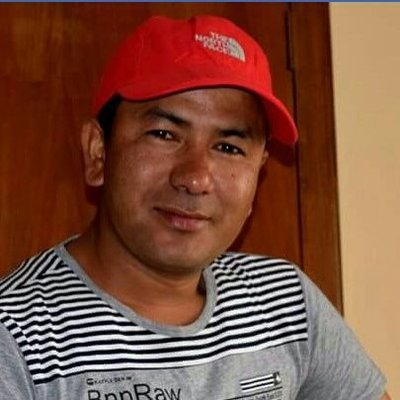National
Caste-based discrimination still rife in Bajhang villages
The incident is a classic example of how Dalits are still not only discriminated against but also easily manipulated even more than 25 years after caste discrimination was outlawed.
Basant Pratap Singh
In mid-September 2016, locals roughed up 55-year-old Lal Singh Agri of Rilu VDC in Bajhang for entering the premises of a local temple. The charge was he “entered the temple despite being a Dalit. He was even made to pay a fine of Rs 2,000 and 4 aana gold. This came despite the fact that the country outlawed caste discrimination in 1991.
After the incident came to light thorough the media, Prime Minister Pushpa Kamal Dahal directed local police book the perpetrators. However, no case could be built as Agri had not registered any complaint, saying an agreement had already been reached with the suspects. Agri filed a complaint later only after he was told by police that he could face action if he did not file a complaint. Agri’s case is in court while suspects are at large.
The incident is a classic example of how Dalits are still not only discriminated against but also easily manipulated even more than 25 years after caste discrimination was outlawed.
Gagan Agri, a Dalit teacher at Jalapa Higher Secondary School, said the Nepali society is yet to change, hinting that just only putting law in place does not work until there effective enforcement is ensured.
Dalits in Bajhang are often subjected to discrimination.
“Discrimination is rife—at schools, hospitals and public places. Teachers often look down on Dalit students,” said Agri. “The way teachers treat Dalit and non-Dalit students is very different at schools. Teachers do not touch Dalit students while distributing sweets during festivals like Saraswoti Puja.”
According to 2011 national census, Dalits account for 16 percent of the district’s population of 195,159. The Caste-based Discrimination and Untouchability Act 2011 criminalises caste-based discrimination and untouchability in both private and public spheres.
Article 18 (1) on Right to equality says: “All citizens shall be equal before law. No person shall be denied the equal protection of law.”
“The state shall not discriminate among citizens on grounds of origin, religion, race, caste, tribe, sex, physical condition, disability, health conditions, matrimonial status, pregnancy, economic condition, language or geographical region, ideology and such other matters,” says Article 18 (3).




 16.12°C Kathmandu
16.12°C Kathmandu














